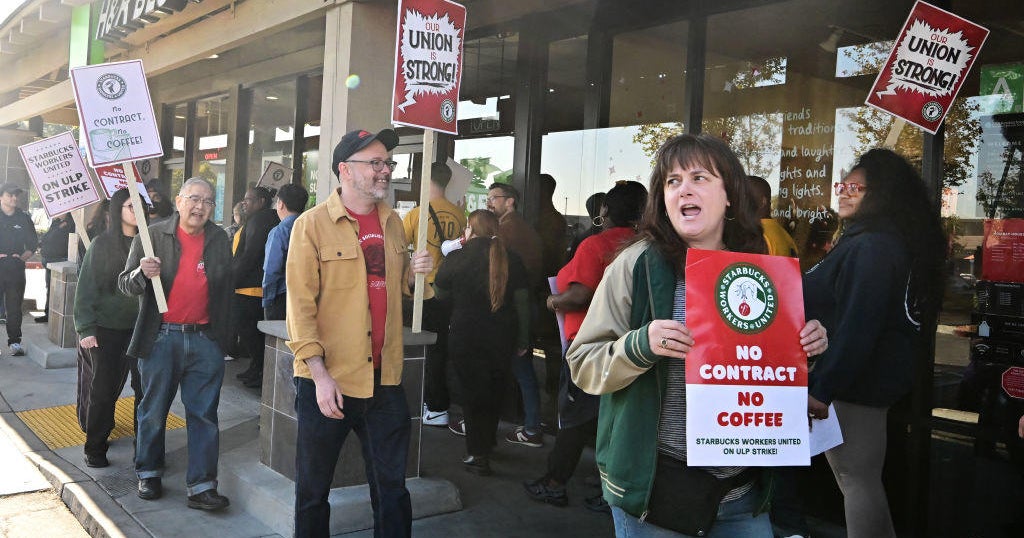Dow swings more than 1,000 points amid fears over U.S.-China trade fight
- The blue-chip Dow index swung more than 1,000 points on Wednesday amid investor jitters about deteriorating U.S.-China trade relations.
- The Dow, S&P 500 and Nasdaq indexes have all slumped since President Donald Trump threatened last week to slap more tariffs on Chinese imports.
- Wall Street analysts see little hope for a short-term breakthrough on trade talks between the U.S. and China, saying the sides are "dug in."
Trading on Wall Street was rocky Wednesday, with stocks diving early in the session on rising U.S.-China trade tensions before regaining ground into the close.
The Dow fell 589 points, or 2.5%, early in the day before ending 22 points in the red at 26,007 -- a swing of more than 1,000 points. The S&P 500 and Nasdaq also slumped in morning trade before eking out less than 1% gains on the day.
Bond yields, which move in the opposite direction of their prices, also declined while gold prices climbed to a six-year high -- signs that investors are seeking to protect themselves amid volatility on Wall Street. The price of oil slumped almost 5%.
Markets have swung wildly this week after Washington and Beijing raised the stakes in their trade war. China allowed its currency to weaken after President Donald Trump said the U.S. would raise more tariffs on Chinese goods.
The Treasury Department on Monday also formally labeled China a currency manipulator for the first time since 1994.
"Whereas a few weeks ago it seemed like a detente was likely between the two countries, at least until after next year's U.S. election, the recent round of threats of tariffs and responses suggests to us that both sides are so dug in that neither can be seen as giving into the other," Brian Gardner, an equity analyst with Keefe Bruyette & Woods, said in a report.
The Dow, which tracks 30 large publicly traded U.S. companies, has fallen nearly 4% since Aug. 1, when Mr. Trump surprised markets by stating over Twitter that the U.S. would put a 10% tariff on $300 billion of Chinese imports come Sept. 1 unless trade talks between the countries advanced.
The broader S&P 500 -- which notched a record high in late July -- has sunk even more during that time, losing 5%, while the tech-heavy Nasdaq has declined 4%.
A number of economists expect the Federal Reserve to further trim short-term interest rates this year, which could boost stocks. The central bank on July 31 lowered the federal funds rate for the first time since the financial crisis in 2008, with Fed Chairman Jerome Powell expressing concern that trade tensions could dent U.S. economic growth.
" While the Fed does not want to 'underwrite' the trade battles, it will be forced to further ease monetary policy to offset the negative impact on the economy," Kathy Bostjancic of Oxford Economics said in a client note.
-- The Associated Press contributed to this report.



